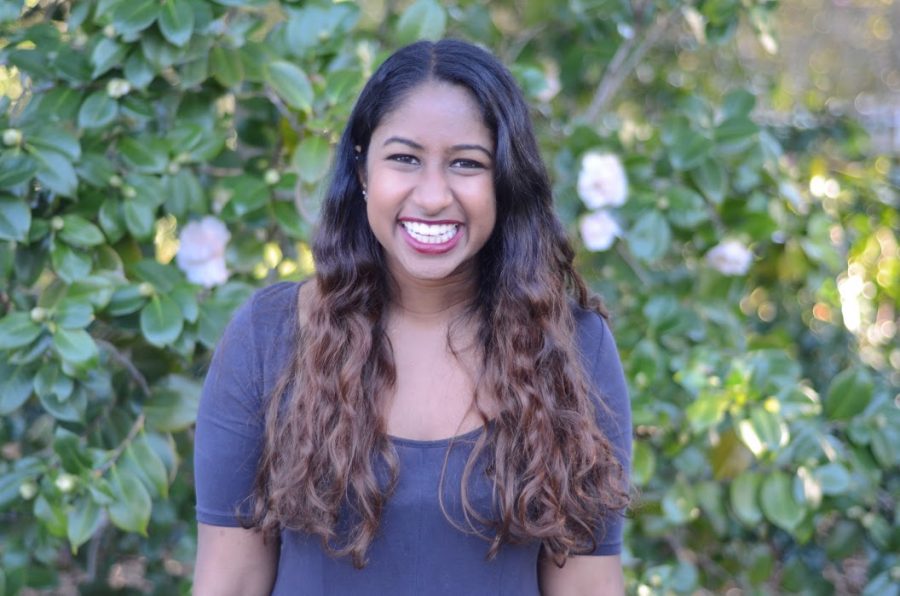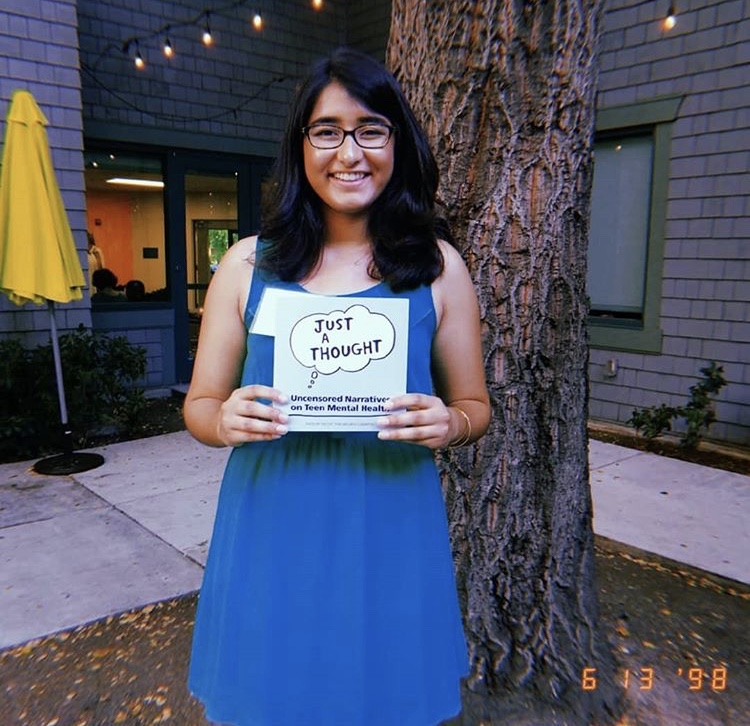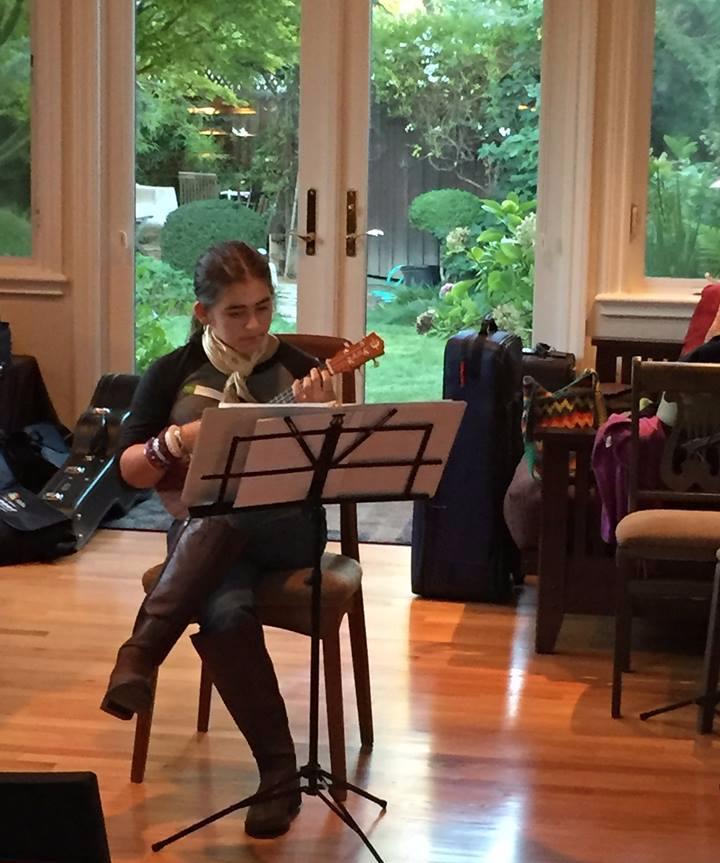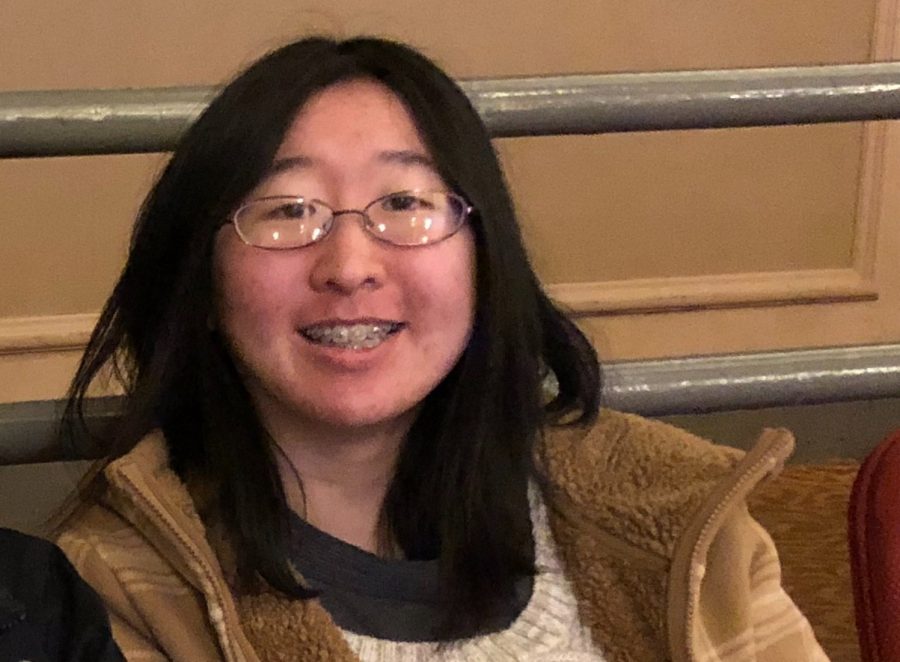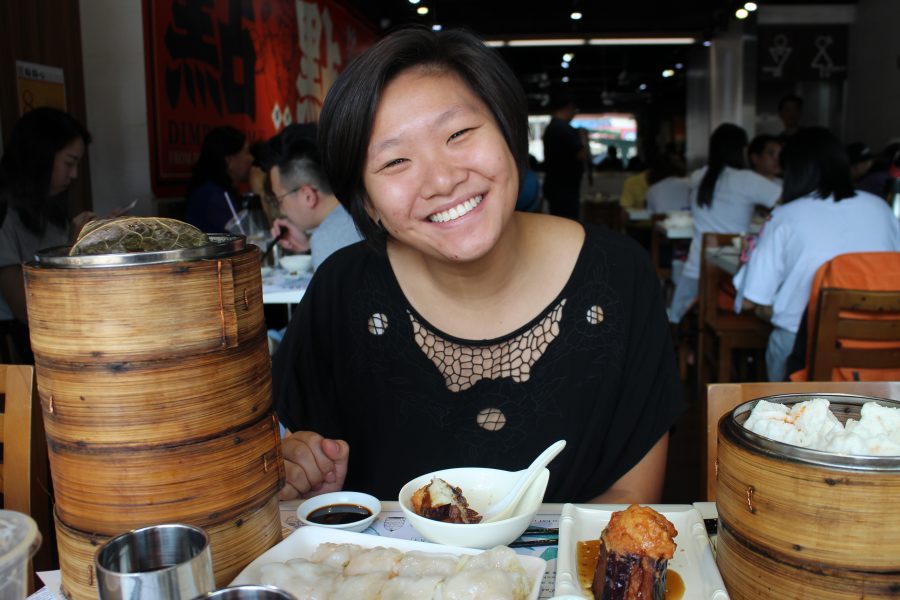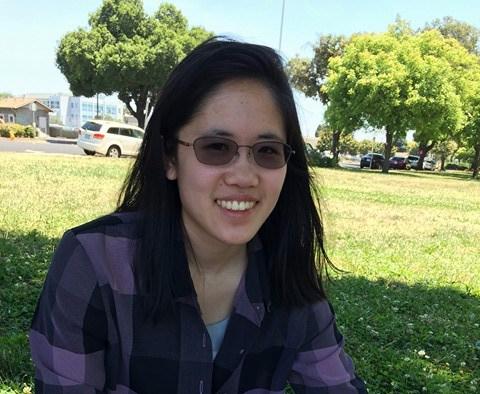Written by Isha Gupta
Humans are social creatures; we pride ourselves in making connections and bonding with others. However, our constant focus on others causes some of us to worry about how others perceive us. Some of us care about this more than others. While I would love to claim that I am exempt from this, I unfortunately fall on the other side in the spectrum of self-awareness. My constant worry about what others are thinking about me has led to one of the biggest challenges I have had to face: getting over my anxiety. Let me preface the rest of this with one simple thing: I hate confessing that I care what people think. It almost seems narcissistic to admit it. However, if I have learned anything in my past years at Gunn, I’ve learned that you are not responsible for other people’s judgments. I’ve learned that the only things that I can control are the actions I take to become a happier and healthier person, regardless of what others think.
If I have learned anything in my past years at Gunn, I’ve learned that you are not responsible for other people’s judgments.
Anxiety is clinically defined as having so much worry or fear about something that it infers with your daily life. While my first few years of high school seemed to be fine, by the beginning of my junior year, I sensed that I could get really nervous for prolonged periods of time. I also became weary of nonstop focus on school and extracurricular activities. My weight had gone up severely, I didn’t hang out with friends as often , and my mood could severely drop for days at a time. By the beginning of senior year, after a hard summer, my anxiety worsened. I froze up before tests, with an inability to think straight or study. I couldn’t focus in class. It came to the point where my my parents suggested I visit my pediatrician. It was clear that I needed to change some long-standing habits of mine.

Both sides of my family came from humble beginnings to attend prestigious universities in the United States and abroad. However, I took this to mean that I too had to work my hardest at school at the expense of all the other facets of my life to make sure I could guarantee success for myself as well. This feeling was only exacerbated by being constantly surrounded by a community of smart, passionate, successful people in Palo Alto. There were positives to this approach to life. I immersed myself in my classes, schoolwork, and clubs that I was passionate about. In the beginning, I was motivated to work my hardest in everything that I did. However, I constantly felt a nagging need to know: am I living up to the expectation set out for me? This question was usually followed by, what does everyone think of me? I stressed constantly for quizzes and tests, employing myself through a strict regimen of studying without face-to face social interaction for days before any examination. I desperately wanted to live up to the standards of my family and peers; I strived to maintain perfect grades and remain involved in school all while keeping a cheery facade throughout. This all came at a price.
However, I constantly felt a nagging need to know: am I living up to the expectation set out for me?
For the longest time, I realized that I had worked my hardest –without adequate time to take care of myself –to achieve a perfection I thought my friends and family had achieved in their lives. However, I realized, only in my senior year, that I didn’t need to achieve academically at the expense of my mental and physical health. I was not obligated to live up to a standard, even if I set it for myself, that would cause me to miss out on other parts of my life. I couldn’t compare my results to the results of my peers or my parents because no one was in the same circumstances as I was. Thus, I proceeded to do the best activities that I needed to do for myself.
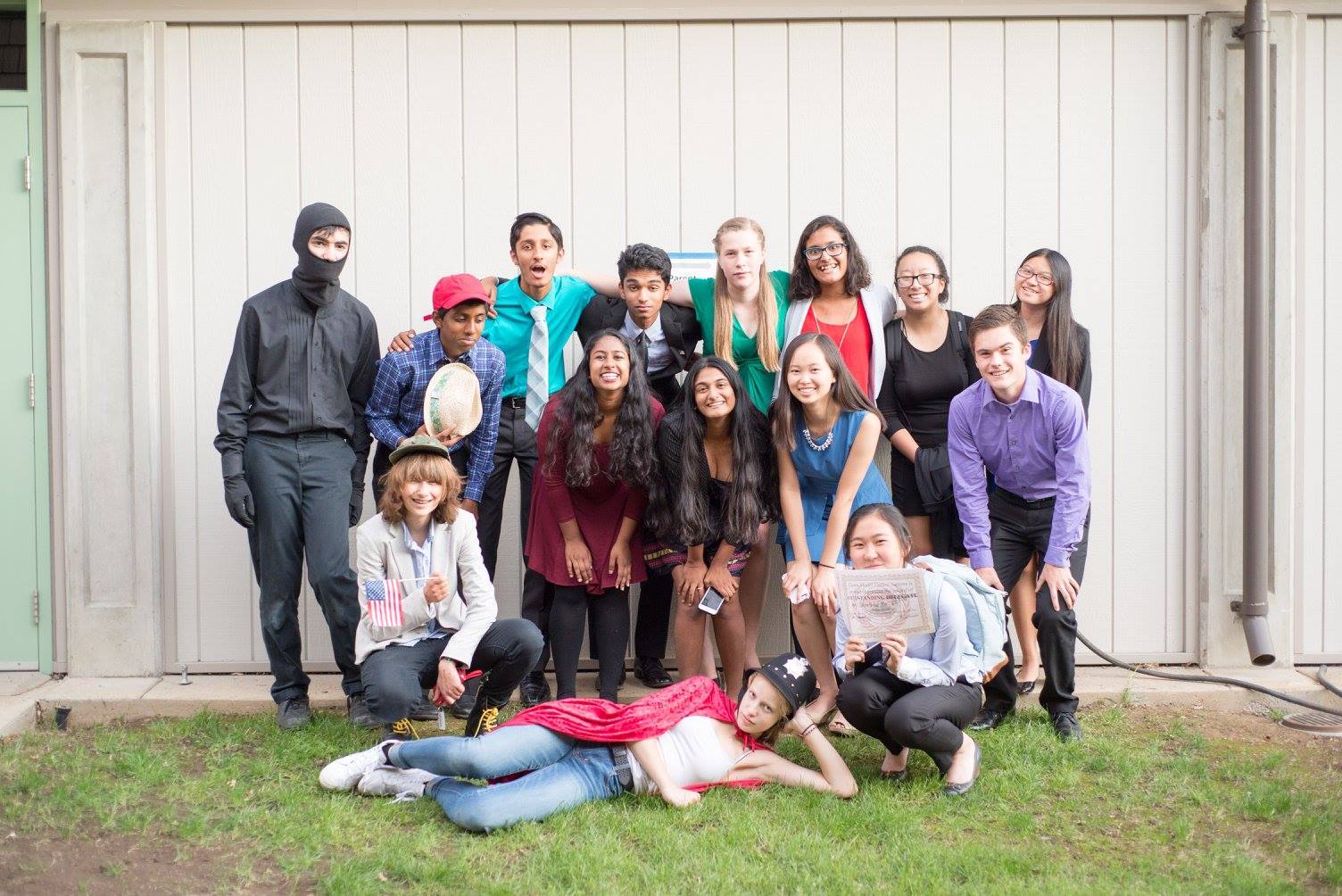
After visiting my doctor and hearing her advice, I started to watch what I eat, exercise more frequently, spend less time on my homework and more time with my friends, help my family around the house more, and find the time to take care of myself emotionally and physically. I sought out help, talking to my parents, my sister, close friends, and even scheduling regular appointments with a therapist in order to alleviate my stress and become a happier, more balanced person. Of course, this wasn’t an overnight shift. As I was regularly accustomed to spending more time on other “more important” tasks in the afternoons after school and the weekends, I had to change my mindset to realize that the most important thing in my life at the moment was my mental health, even if it came at the time and expense of Model UN or practicing flute. I started trying all sorts of activities that would help me destress whenever I felt anxiety taking over – walking around my neighborhood, sitting on the porch in my garden, or reading a book for fun. I got a membership at my local YMCA, downloaded a food tracking app on my phone, and even started watching a new television series. Though I still remained a busy person with juggling classes, clubs, and a job, I learned to make use of my free time more effectively and even carve out a few hours every now and then to unwind.

Through taking care of myself more and spreading out my focus from just academics, I’ve learned to tune out the fear and anxiousness and center my attention on things that make me happy: grabbing lunch with an old friend, taking a nice, hot shower, or perusing through Buzzfeed food. However, I’m far from perfect. My journey in finding myself and evaluating my priorities is far from over. I still worry about what others think. It’s natural! It is my hope that others in similar situations of anxiety, stress of self-doubt realize that they’re not alone and there are ways to cope and continually improve oneself in healthy and fulfilling ways. After all, humans are also evolving creatures.



